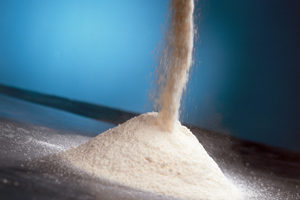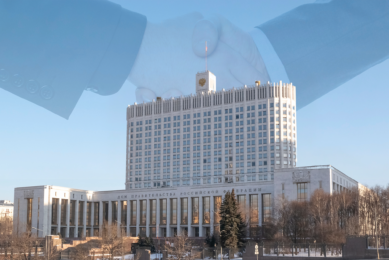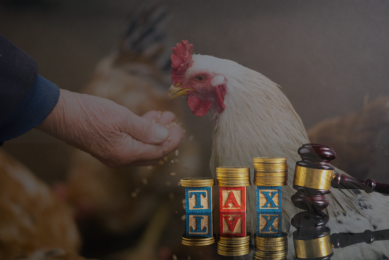Russia: Strong growth in feed supplements

In 2015, production of feed supplements in Russia rose to 199,800 tonnes from 143,800 tonnes a year earlier, according to official statistical data. Over the recent years Russian livestock producers imported almost 50% of feed supplements primarily from the EU. However with the collapse of the rouble, domestic manufacturers received a strong impetus to increase production as livestock companies look for cheaper domestic supplements.
Replacing import
Russian agricultural analyst Eugene Gerden says on average the Russian feed supplements market grew 7-9% over the last 5 years. Overall demand for feed supplements today reaches 250,000 tonnes, compared to 200,000 tonnes in 2011. In general feed supplements see a strong import substitution tendency, according to official data, import of feed supplements has decreased from 117,000 tonnes in 2013 to 45,000 tonnes in 2015.
The main suppliers of feed supplements to Russia were Denmark, Netherlands and Germany, and companies such as Trouw Nutrition International B.V., Az Agrofeed Kft., DSM Nutritional Products N.V., Dansk Vilomix A/S and AGRAVIS Raiffeisen AG. However, currently the country’s market has seen a sharp rise of supply of feed additives from Asia, and in particular China, says representatives of Federal Customs Service without mentioning any certain figures.
Costly dependence
According to head of the Russian Feed Union Valery Afanasiev, previously the dependence on imported feed supplements and premixes annually cost the Russian livestock producers US$ 2.5 billion, but this figure reduced significantly and will probably fall further. At the same time, it is too early to say that the problem of feed supplements is solved, since the Russian industry is still facing a lack of ingredients, including amino acids, vitamins, minerals and probiotics.
Since 2013, the Russian Feed Union has been urging the country’s government to increase import duty on feed premixes in a bid to stimulate development of domestic production. This proposal has been opposed by Russian Union of Poultry Farmers, as their representatives suggested that such step could bring heavy negative impact on livestock businesses, decreasing its efficiency.
Quality issue
Gerden is also concerned about the quality of feed additives in Russia, as there were some complaints from farmers. According to him a large number of companies making the first steps into the production of feed additives were more concerned with the price of products than the quality. Domestic feed supplements are on average 30-40% cheaper than imported.











